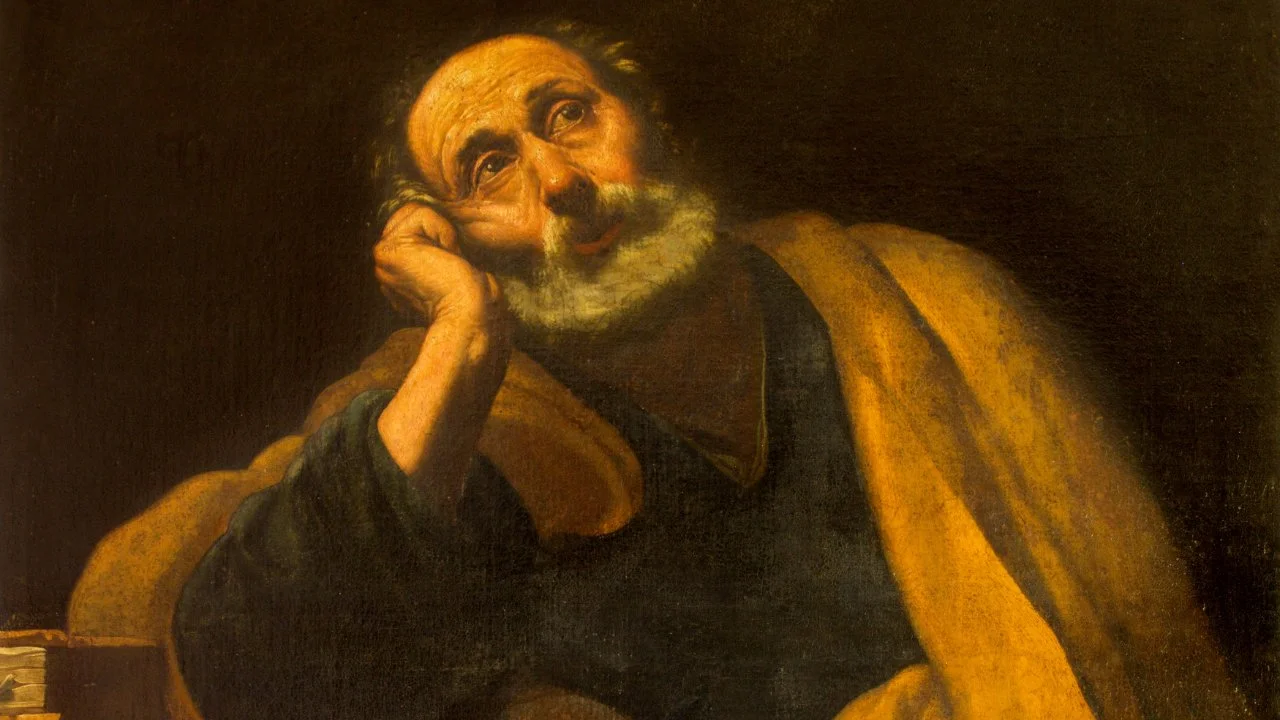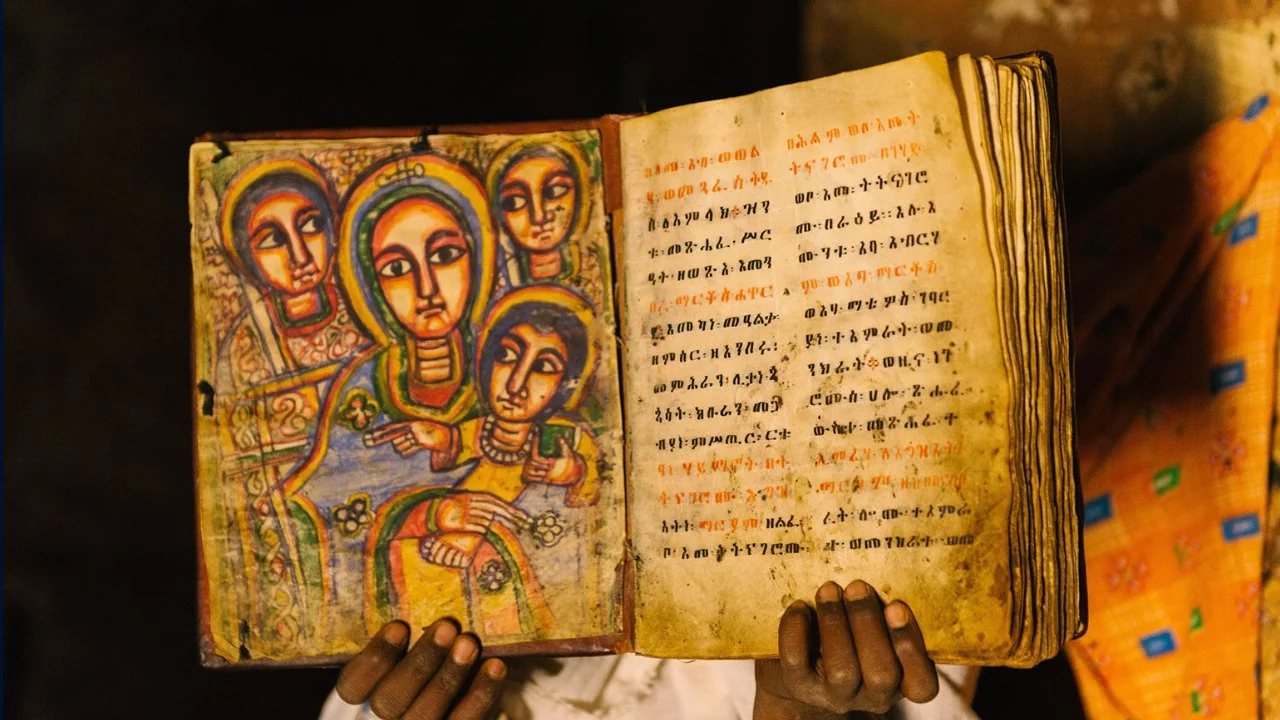Author: David Wilber
Someone recently asked me about when the Bible says a day begins and ends. For those of us who observe the Sabbath and the biblical feast days, this is certainly a relevant question. The traditional understanding is that a biblical day begins and ends at sundown, and this seems to be universally accepted among scholars. However, some have recently suggested that a day actually begins and ends at sunrise.
Why is this important? Who cares? Well, as I mentioned, our understanding of this issue has immediate implications for our observance of the Sabbath and feast days. If we have a wrong understanding of when a day begins, it could lead us to working when we should be resting, etc. So for those of us who care about a biblical observance of God’s holy days, this is worthy of our attention.
In this short article, I’m going to list four simple reasons why a day begins and ends at sundown.
1. The pattern established in Genesis is Sundown to Sundown.
The first "day" begins with darkness before light (Genesis 1:2-3). Then, after God brought "light," the Bible defines a day as such: "And there was evening and there was morning, the first day." This phrase is repeated several times (1:8; 1:13; 1:19; 1:23; 1:31). Thus, the first day, as defined by scripture, consists of an evening first and then a morning. This pattern is the basis for the position that a biblical day is from sundown to sundown.
2. The Israelites were to observe Yom Kippur—the "day" of atonement—from evening to evening (Lev 23:32).
This is pretty clear by itself, but to belabor the point further, Leviticus 23:27 says that Yom Kippur is the tenth day of the seventh month. Yet Leviticus 23:32 says that Yom Kippur begins on the evening of the ninth. Is Moses contradicting himself about the timing of Yom Kippur? Of course not. It’s clear to see that the ninth day is ending as the tenth day is beginning.
3. In Nehemiah 13:19, Nehemiah commands the people to shut the gates "as it began to grow dark" to prevent the Sabbath from being defiled via the merchants’ buying and selling.
Why would Nehemiah command them to shut the gates before dark if the Sabbath wasn't going to start until dawn? If the day began and ended at sunrise, the merchants would still have had plenty of time to buy and sell before the Sabbath. Nehemiah’s concern that the Sabbath would be defiled would not make sense if the Sabbath didn't start for another twelve hours.
4. The Messiah kept the Sabbath from sundown to sundown.
Yeshua, who would have kept the Sabbath on the correct day, kept the Sabbath on the same day as the Jewish people in the first century. There is no evidence that, sometime from the first century to today, all of the Jewish people universally switched the timing of when they kept the Sabbath. Therefore, the Jewish reckoning of a day, from sundown to sundown, has divine affirmation in the Messiah.
The burden of proof is upon those who disagree with the traditional view to demonstrate that sometime in history, from the first century to today, all the Jewish people around the world switched to a different timing of the Sabbath. Why is there no record of any Jews disputing such a change? They debated every topic you could think of—do we really think that not a single Jew would have challenged such a change to this important commandment?
In conclusion, I believe these four simple reasons are sufficient for us to be confident that a biblical day begins and ends at sundown.
About David Wilber
David is first and foremost a passionate follower of Yeshua the Messiah. He is also a writer, speaker, and teacher.
David’s heart is to minister to God’s people by helping them rediscover the validity and blessing of God’s Torah and help prepare them to give an answer to anyone who asks about the hope within them (1 Peter 3:15)…












